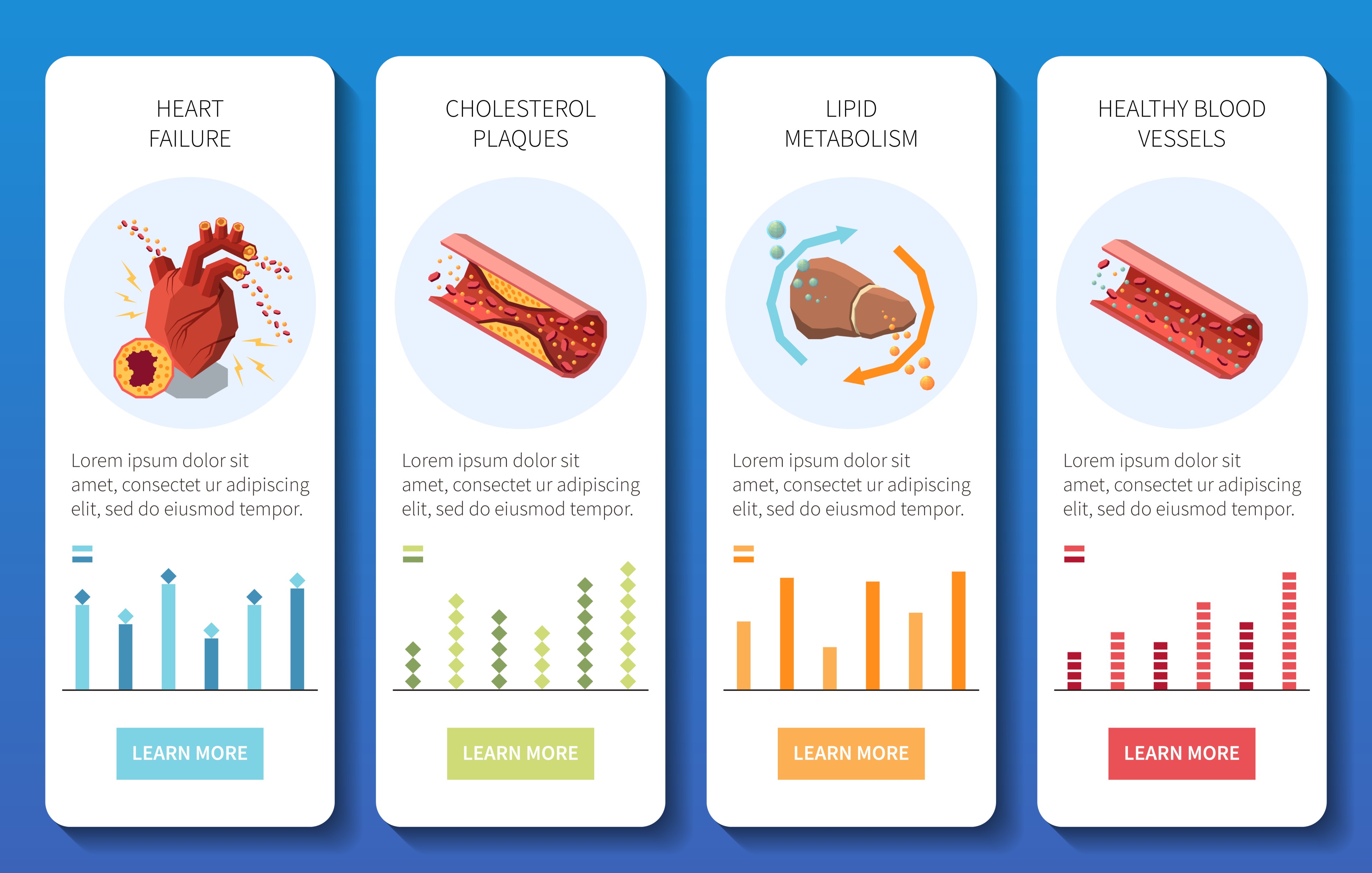
Causes and Risk Factors of Atrial Fibrillation
Introduction: Atrial Fibrillation (AFib) can happen to anyone, but certain factors can increase the risk of developing this heart condition. Understanding the causes and risk factors of AFib is essential for prevention and management. Let’s delve into this topic in simple language.
Causes of Atrial Fibrillation:
- Age: The risk of AFib increases with age, especially after 60.
- High Blood Pressure: Hypertension puts strain on the heart and can lead to AFib.
- Heart Disease: Conditions like coronary artery disease, heart valve disorders, and congenital heart defects can contribute to AFib.
- Thyroid Problems: Overactive thyroid (hyperthyroidism) or underactive thyroid (hypothyroidism) can disrupt heart rhythm.
- Excessive Alcohol Consumption: Drinking too much alcohol, especially binge drinking, can trigger AFib episodes.
- Obesity: Being overweight or obese increases the risk of AFib due to the strain on the heart.
- Sleep Apnea: Sleep-disordered breathing can contribute to AFib.
- Diabetes: Poorly controlled diabetes can damage the heart and increase AFib risk.
- Family History: Having a family history of AFib or other heart rhythm disorders can predispose individuals to the condition.
- Other Factors: Smoking, stress, certain medications, and chronic conditions like lung disease can also increase AFib risk.
Conclusion: Atrial Fibrillation can have various causes and risk factors, many of which are modifiable through lifestyle changes and proper management of underlying conditions. By understanding these factors, individuals can take proactive steps to reduce their risk and maintain heart health.
To seek medical advice, always consult a Doctor. Here are our recommended experts. Cilck here
To read more on Heart Disease . Click Her
Recent Posts
Dr. Karan0 Comments
Preventing Gum Disease: Key Habits and Dental Check-ups
Dr. Karan0 Comments
Recognizing the Signs and Symptoms of Gum Disease:
Tags
arthritis
Blood tests
causes
Children
complications
coping strategies
diabetes
diagnosis
diet
eczema
exercise
Healthy Lifestyle
Heart Disease
heart health
High blood pressure
hormonal imbalances
Hormones
hydration
india
Indian patients
inflammation
lifestyle changes
management
medication
Medications
mental health
Nutrition
pain management
Peripheral Vascular Disease
physical therapy
pregnancy
prevention
risk factors
signs
skincare
skin condition
stress management
stroke
support
surgery
symptoms
transmission
treatment
treatment options
Women's Health


